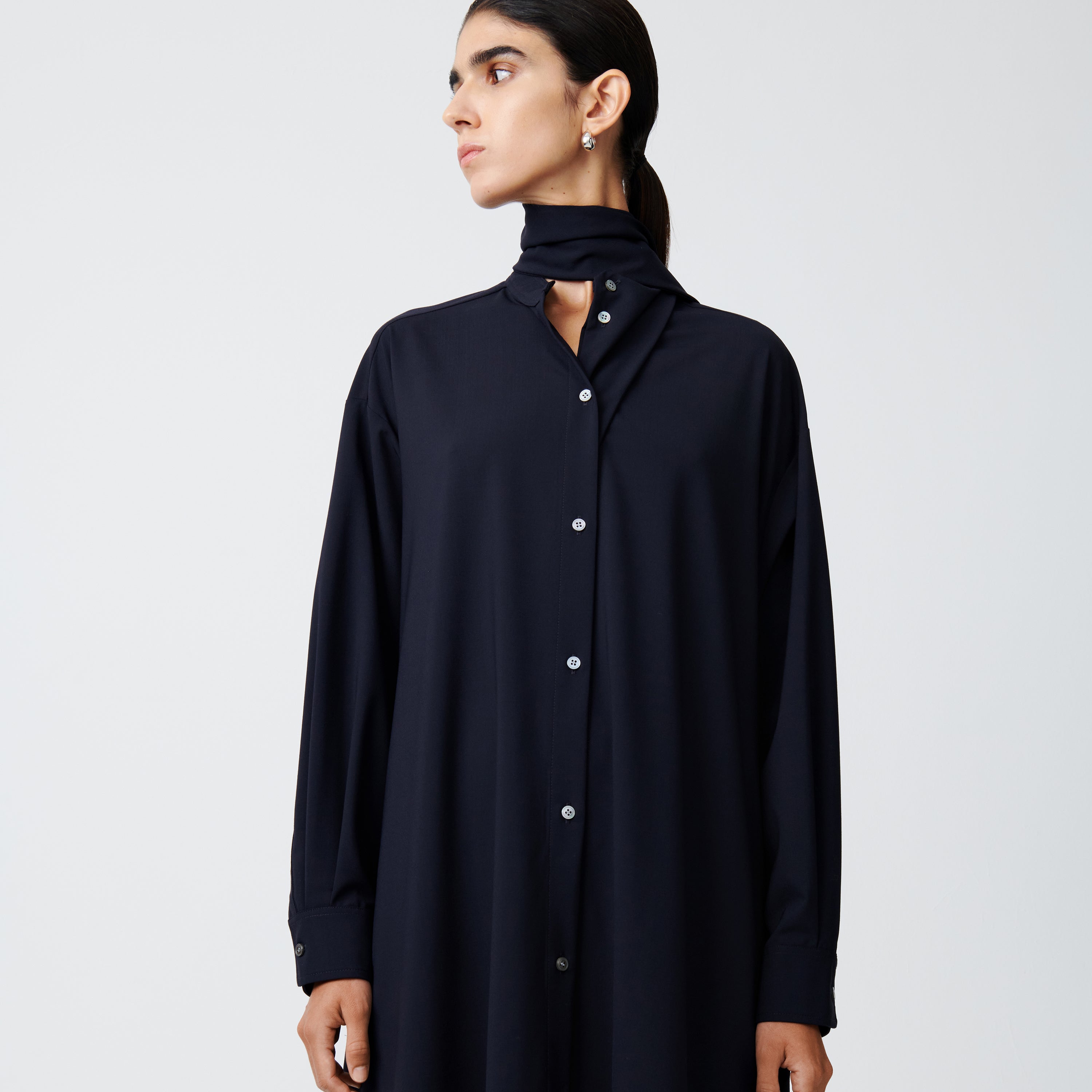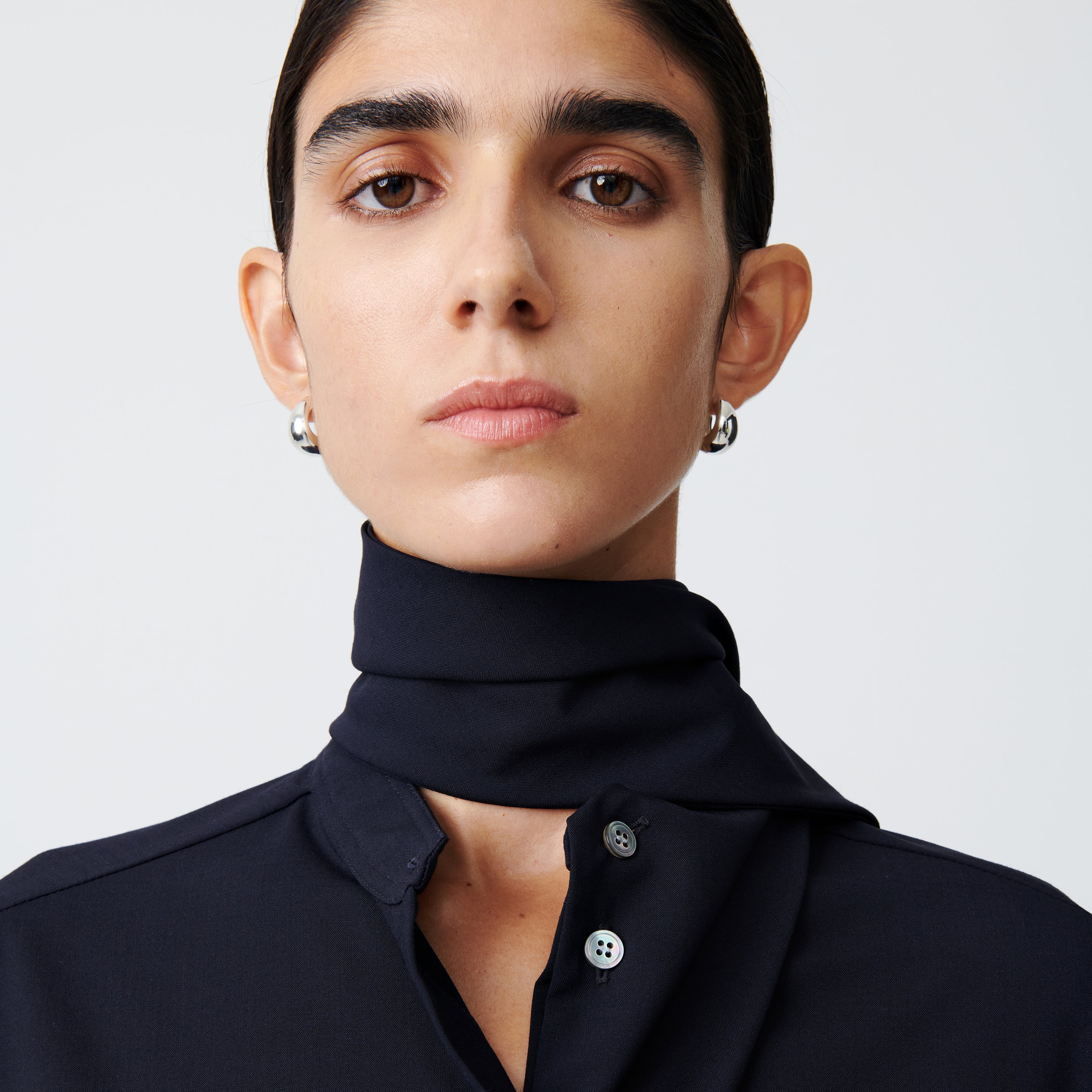






Anni Albers (1899 - 1994), born in Berlin, Germany, was one of the most influential textile artists of the twentieth century. Admired for her pioneering wall hangings and textiles, Albers was also a prolific printmaker.
She was admitted to the Bauhaus in 1922. Having been refused entry to the Painting Workshop, on the grounds that she was a woman, she turned to textiles, deemed to be 'women's work'. In the Weaving Workshop she received tutelage from Paul Klee, among others, and approached the discipline with relentless investigation, regularly incorporating non-traditional materials into her compositions. She remained a key member of the workshop, becoming an acting director, until the Bauhaus was forced to close in 1933. The following year Albers and her husband, Josef, moved to the USA to teach at Black Mountain College, Connecticut.
In 1963, whilst visiting Taramind Lithography Workshop, California, Anni turned her hand to printmaking and continued to work primarily in this medium until her death in 1994. Throughout the last 20 years of her life, she collaborated with some of the leading printers of the era, experimenting with lithography, screenprinting, embossing, woodcut and various intaglio techniques.
Her influence has been vast. Through her work, teaching and writing, she has inspired and guided a large number of artists in directions that have now become part of the mainstream. In 1949, Albers became the first weaver to have a one-person show at the Museum of Modern Art, New York; the exhibition travelled to 26 venues throughout the United States and Canada. She was honoured with several more major exhibitions during her lifetime, and a touring retrospective on the 100th anniversary of her birth in 1999.


